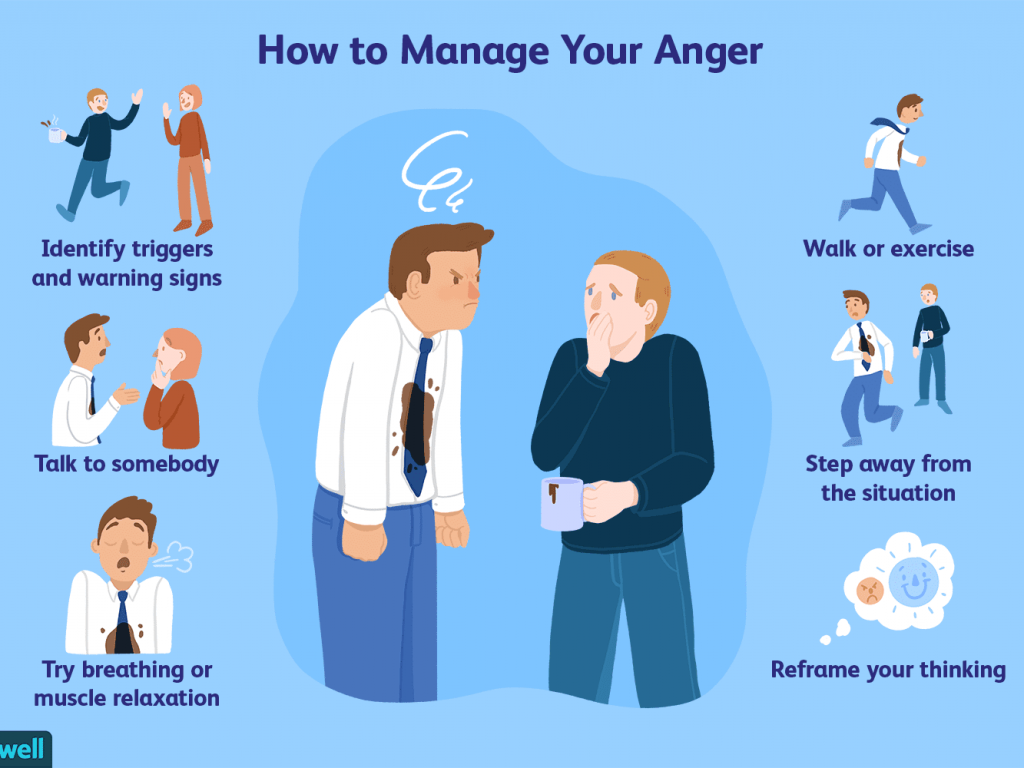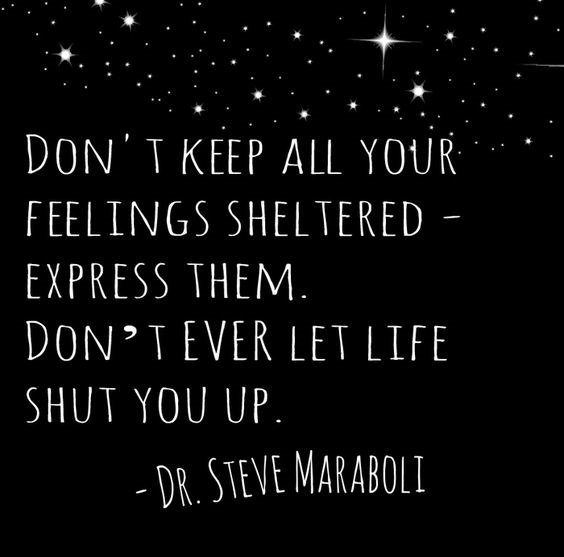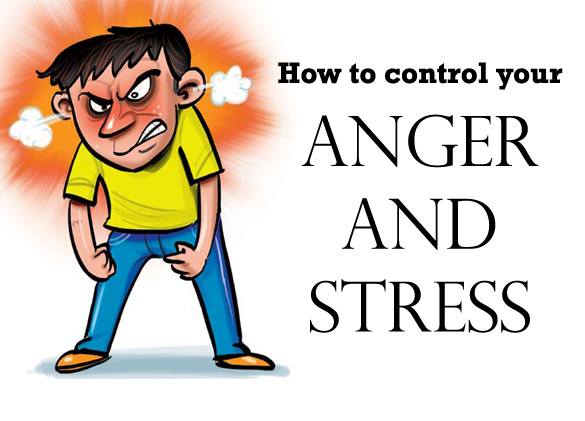Controlling Anger: Tips, Treatments and Methods
Anger or Aggression is an emotion charterized by antagonism toward someone or something you’re feeling has deliberately done you wrong. It can even be a secondary response to sadness, loneliness, or fear. In some cases, the emotion could seem to arise out of nothing.
Anger are often a decent thing. It can offer you how to express negative feelings, as an example, or motivate you to search out solutions to problems. But excessive anger can cause a haul and it’ll affects your vital sign otherwise you mind ability to perform your routine tasks. In other words we will say that its a standard response of frustrating or threating expereince.
Feeling angry often and to an extreme degree can impact relationships and a person’s psychological well-being and quality of life. Suppressing and storing up anger also can have a harmful and lasting impact.
Tools and techniques can help people come to terms with anger triggers and answer these in additional healthy ways.
In this article, we explore the steps an individual can take at home, also because the therapeutic options available but if below tips aren’t working you’ll got to consult a proffessional doctor who has expertise in anger management and such sort of issues
What Is Anger Management?
Anger management involves a spread of skills which will help with recognizing the signs of anger and handling triggers during a positive way.
It requires an individual to spot anger at an early stage and to precise their needs while remaining calm and on top of things .
Managing anger doesn’t involve holding it in or avoiding associated feelings.
Coping with anger is an acquired skill — almost anyone can learn to regulate the emotions with time, patience, and dedication.
When anger is negatively affecting a relationship, and particularly if it’s resulting in violent or otherwise dangerous behavior, an individual may enjoy consulting a psychological state professional or attending an anger management class.
However, there are initial, immediate techniques to undertake . Some people find that they will resolve these issues without seeking professional assistance
Recognizing an Anger
In the moment, anger are often difficult to prevent in its tracks. However, detecting the emotion early are often key. It can allow an individual to redirect their thought process to a more constructive place.
Anger causes a physical reaction within the body. It releases adrenaline, the “fight-or-flight” hormone that prepares an individual for conflict or danger.
This can have the subsequent effects:
- a rapid heartbeat
- faster breathing
- tension throughout the body
- restlessness, pacing, and tapping of the feet
- clenched fists and jaw
- sweating and trembling
These physical effects can signal a proportionate response to a situation.
Regardless, recognizing the signals early can help an individual assess whether the trigger warrants this physical response.
If necessary, they will then take steps to manage their physical Stress
Applying Management Techniques
These can help calm an individual or distract them long enough to process the thoughts during a constructive way.
Different techniques are effective for various people, but finding a way that works are often instrumental in defusing episodes of utmost anger.
Some techniques include:
-
- Deep, slow breathing: specialise in each breath because it moves in and out, and check out to spend longer exhaling than inhaling.
- Easing physical tension: Try tensing each a part of the body for a count of 10, then releasing it.
- Mindfulness: Meditation is one example of a mindfulness technique, and these can help shift the mind faraway from anger during triggering situations, especially after consistent practice.
- Exercise: Physical activity may be a good way to spend excess adrenalin. A brisk run or walk or combat sports, like boxing or martial arts, are often useful outlets for aggressive or confrontational feelings.
- Find alternative channels for anger: It can help to precise anger during a way that limits harm to others, like tearing newspaper, crushing ice cubes over a sink, or punching or screaming into a pillow.
- Create distractions: Distraction techniques, like dancing to energetic music, taking a soothing shower, or building, fixing, writing, or drawing, can provide distance from the difficulty .

When preparing to mention frustration with a peer, it can help to plan what to mention . this will help maintain focus and direction within the conversation and reduce the danger of misguided anger.
Also, that specialize in solutions instead of problems increases the probabilities of a resolution and reduces the likelihood of an angry reaction.
Getting at least 7 hours of quality sleep nightly also contributes to mental and physical health. Researchers have linked sleep deprivation to variety of health problems, including irritability and anger.
Therapy:
Some signs that an individual may have professional or medical help include:
- being in trouble with the law
- frequently feeling that they need to carry in their anger
- regularly having intense arguments with family, friends, or colleagues
- getting involved in fights or physical confrontations
- physically assaulting a partner or child
- threatening violence to people or property
- breaking objects during an outburst
- losing their temper when driving and becoming reckless
Anger issues rarely exist in isolation. they will derive from a variety of other psychological state issues, including:
- alcohol or drug dependence
- bipolar disorder
- schizotypal personality disorders
- psychotic disorder
- borderline mental disorder
Addressing underlying issues can help reduce disproportionate feelings of anger. Sometimes, however, an individual must control anger on its own terms.
Management therapy can happen in group sessions or one-to-one consultations with a counselor or psychotherapist.
If an individual has received a diagnosis for a psychological state issue, like depression, this could influence their anger management.
In anger management training, an individual learns to:
- identify triggers
- respond constructively, either within the early stages of anger or beforehand
- handle the triggers
- adjust irrational and extreme thought processes
- return to a relaxed , peaceful state
- express feelings and wishes assertively but calmly in situations that tend to cause anger and frustration
- redirect energy and resources into problem-solving
A therapist or counselor can guide a private through the subsequent questions:
- How do i do know once I am angry?
- What sorts of people, situations, events, places, and other triggers make me angry?
- How do I respond once I am angry? What do I do?
- What impact does my angry reaction wear other people?
It can help to know that anger and quietness aren’t clear-cut emotions. Anger, for instance , can range from mild irritation to a full rage.
Learning to acknowledge the spectrum can help people identify once they are truly angry and once they are reacting severely to more minor frustrations. A key aim of therapy is to assist people discover and act on these distinctions.
Symptoms
As an individual moves from mild irritation to rage, they’ll experience:
- a desire to exit things
- irritation
- sadness or depression
- guilt
- resentment
- anxiety
- a desire to attack verbally or physically
The following physical indications also can occur:
- rubbing the face with the hand
- fidgeting, or clasping one hand with the opposite
- pacing around
- becoming cynical, sarcastic, rude, or abrasive
- losing their sense of humor
- craving substances that the person thinks will instill a way of calm, like alcohol, tobacco, or drugs
- raising vocal volume or pitch
- screaming or crying
A person can also experience:
- an indigestion
- an elevated pulse
- sweating
- rapid, shallow breathing
- hot flashes within the face or neck
- trembling hands, lips, or jaws
- dizziness
- tingling within the back of the neck
If an individual is in a position to acknowledge extreme anger or hurt within the moment, they will use management techniques to regulate things .
Conculsion
In short, anager are often controlled by initially avoiding the envoirnment which disturbs the mind function and make irritation then regular exercise and improve your communications to whom you’re emotionally attached and express what you’re feeling about the items what you wish or not such as you got to say … it’ll assist you to regulate the frustartaion building inside and cause agression.



